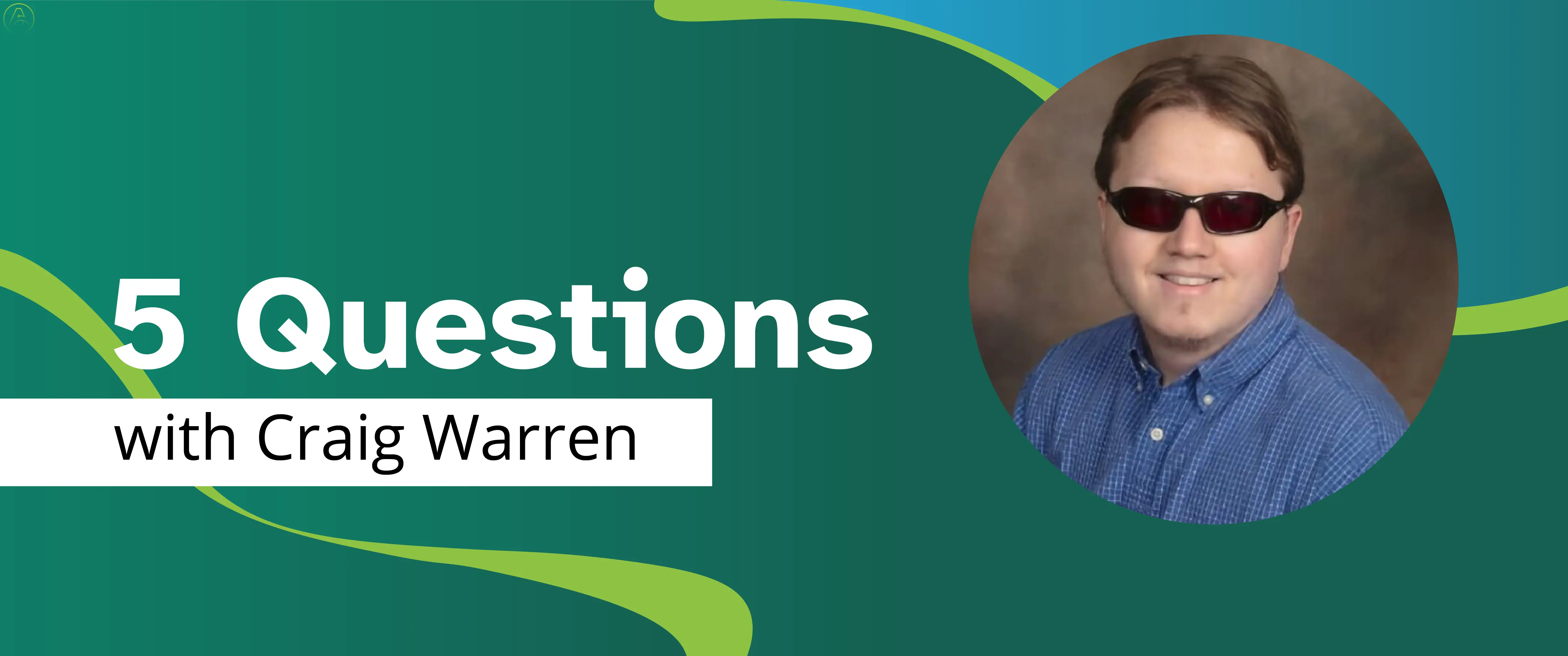Auditory processing disorder is often considered a childhood condition that can go away or significantly improve with therapy and early intervention. However, some children with APD never grow out of their symptoms. It’s also possible for adults to develop APD, typically related to old age, head injury, or significant illness.
No matter when someone develops symptoms, life with APD often requires a long-term plan. In this article, Ability Central addresses your long-term care and support questions for people with APD, including the following:
Does the Americans with Disabilities Act (ADA) cover APD?
What medical and financial aid programs assist people with APD in the United States?
What mental health issues often accompany auditory processing disorder?
What support groups are available for the person who has APD and their caregivers?
Where can I get more information about auditory processing disorder?
Does the Americans with Disabilities Act (ADA) cover auditory processing disorder?
Depending on the severity of someone’s APD symptoms, they may be eligible for certain protections. The Americans with Disabilities Act (ADA) protects people with disabilities from discrimination in the workforce, public businesses, public transportation, and more.
The ADA defines a person with a disability as someone who:
Has a physical or mental impairment that substantially limits one or more "major life activities,"
Has a record of such an impairment, or
Is regarded as having such an impairment.
According to the Job Accommodation Network (JAN), adults with APD are often protected under the ADA. Someone with APD may require work accommodations like:
Minimizing auditory distractions like background noise by relocating their workspace or installing sound-absorption panel.
Assistance with meetings or training, such as providing written agendas, allowing the use of an audio recorder, or providing an Alternative Listening Device (ALD).
Communication changes like a preference for emails or encouraging coworkers to speak slowly and simply.
APD is considered a specific learning disability. According to Kids Health, students with APD may need accommodations or modifications, including:
Preferential seating so the child is closest to the teacher.
Pre-teaching new or unfamiliar words.
Using visual aids.
Recording lessons for later review.
Using a remote microphone system to emphasize the teacher’s voice over background noise.
What medical and financial aid programs assist people with auditory processing disorder in the United States?
Many insurance companies recognize APD as a medically treatable disorder and will cover testing and therapy. Beyond private insurance, consider the following government-sponsored options:
Medicare may help with APD testing and treatment.
Medicaid coverage for APD differs by both age and state, so check with a local representative for more information.
Both children and adults with APD may qualify for disability benefits from the Social Security Administration (SSA). Adults with a strong work history can qualify for Social Security Disability Insurance (SSDI), and those without a strong work history may qualify for benefits under the Social Security Insurance (SSI) program.
APD impacts thousands of veterans. If APD is linked to your active duty service, you may be able to receive an APD VA rating and qualify for disability compensation.
What mental health issues often accompany auditory processing disorder?
According to the Cleveland Clinic, the learning and communication issues associated with APD may cause people to develop anxiety and depression. Difficulty understanding others in social situations can lead to significant social anxiety, as well as feeling isolated, embarrassed, or left out.
A combination of professional mental health care, support groups, and support through nonprofits specializing in APD care may help.
What support groups are available for the person who has auditory processing disorder and their caregivers?
According to Audiology Online, many individuals addressing the diagnosis of APD deal with anguish and frustration as they attempt to understand and manage their symptoms.
Support groups, which bring people together to share stories and commiserate, can be a great way to find support and validation from other people with APD. You can find support groups through Ability Central's Service Locator tool. Audiologists, schools, and family doctors or pediatricians often keep contact information on hand for local support groups and parent groups.
Support groups also exist online. Here are just a few Facebook groups devoted to APD:
Adults with APD (International) group is an international Facebook group for adults with APD or suspected APD. Parents, partners, family members, and supportive professionals are welcome, but the focus is on issues affecting adults with APD and other co-existing conditions.
Auditory Processing Disorder (APD / CAPD) & Auditory Sensitivities Support is for people who have ADP and their loved ones.
Auditory Processing Disorder - APD Support is run by an audiologist and TEDx speaker, Dr. Angela Alexander. Her website provides online APD training, which guides people through 50 minutes of exercise each week for a fee. This training is not endorsed by Ability Central, nor do we earn a commission from paid trainings.
Where can I get more information about auditory processing disorder?
Ability Central maintains a library of online articles for people with APD and related conditions. For APD-specific information, see:
Auditory Processing Disorder or Hearing Loss? Seven Quick Facts You Should Know
What are the Early Symptoms of Auditory Processing Disorder (APD)?
The Most Important Things to do After an Auditory Processing Disorder (APD) Diagnosis
For other conditions associated with auditory processing disorder, see:
Pervasive Developmental Delay (PDD)
Receptive Language Disorder (RLD)



